

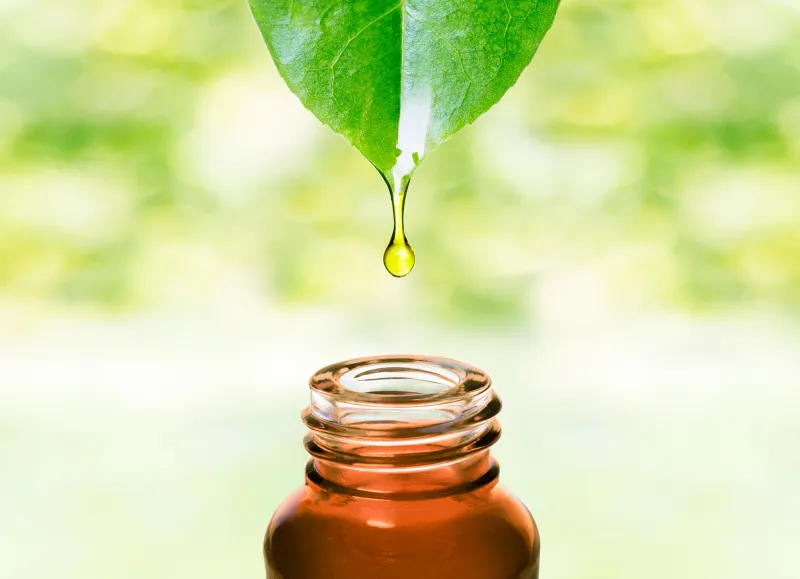
Top beauty trends for 2021
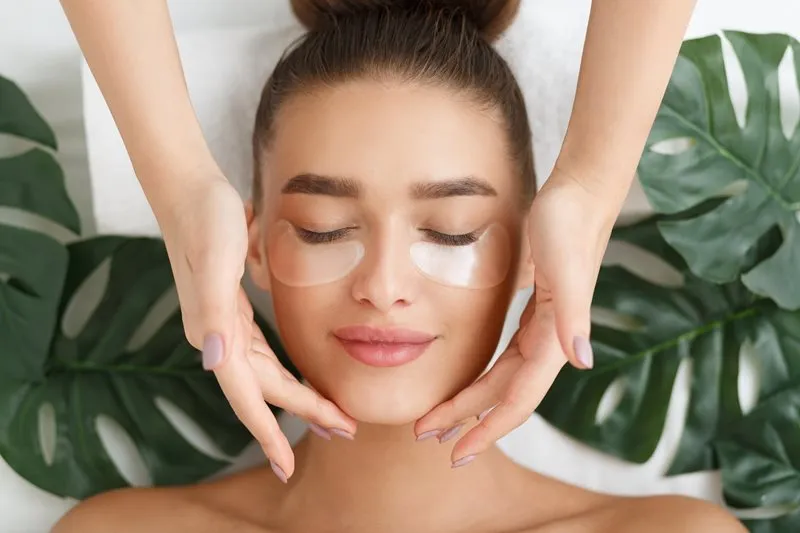
The beauty industry has always led the way in innovation and reinvention, and 2020 year has been no exception. From virtual consultations, accelerated focus on clean beauty and the rise of beauty tech like virtual try-on apps, beauty brands have been focused on enhancing their customer experience. Unsurprisingly in 2021 consumers will continue to favour beauty products that improve their physical and mental wellbeing.
INCLUSIVE BEAUTY
In 2004, Dove set out to challenge the world of beauty advertising – and, in so doing, challenged the portrayal of women throughout advertising and beyond. Their ‘real beauty’ campaign was revolutionary at the time, and a massive step change for the industry as beauty standards were ripped apart.
This was the forerunner for many brands today leading the way in inclusivity in beauty. One such brand was Fenty Beauty launching with a range of 40 different core shades of foundation across the entire skin tone spectrum, and design to target the limited shares often found within the cosmetics category.
The glorification of perfection has long gone, but consumers now expect more from brands and rewards those brands they can relate to the most. Brands that embrace race, gender, age and real beauty; showcasing beauty in all sizes and shapes, will continue to do well in 2021.
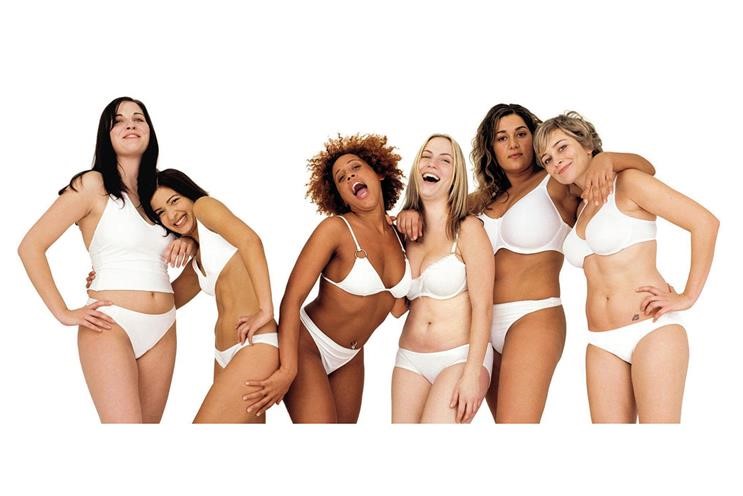
Sustainability will become hygiene factor
Not only do we want to relate to our favourite brands and see ourselves reflected, we also want brands to take steps to protect and enhance the world we live in. Sustainability in the beauty industry goes way beyond just packaging, to include the whole production process and sourcing of ingredients. Already an important and growing trend in 2020, the importance of sustainability will take another leap in 2021 as the ongoing pandemic has raised the health of people and the planet into the front of consumers minds.
Beauty brands must now consider ingredients and supply chains more carefully. Savvy shoppers are becoming more and more aware of what they consume and use, meaning sustainability will be a key purchase driver as we enter 2021. However, with changing consumer perception, instead of sustainability being a key differentiator it will become a hygiene factor, a base level of expectation from consumers. Certainly, those who put sustainability on the back burner will get left behind.
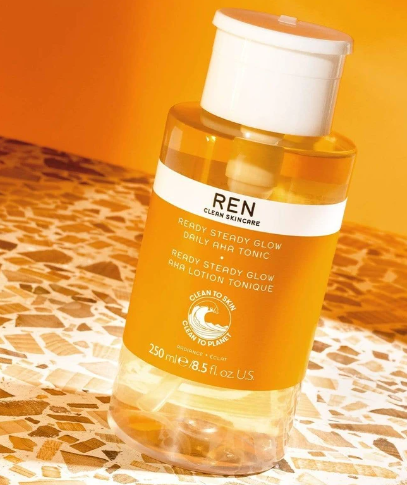
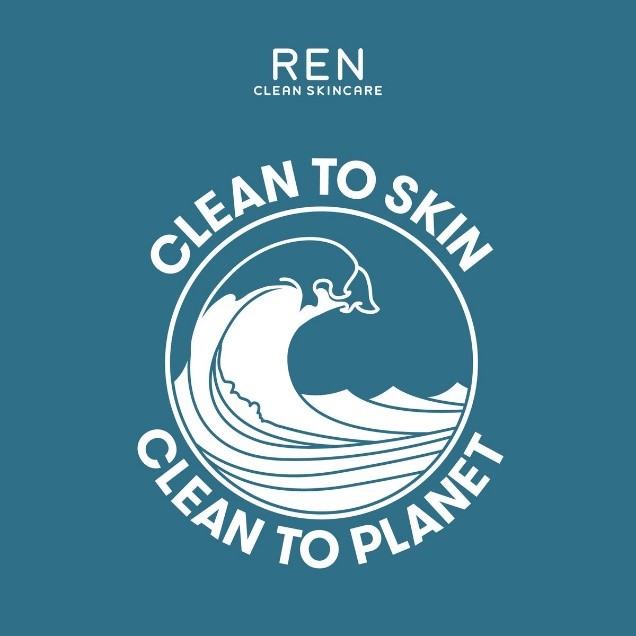
Skincare personalisation
With the world staying at home in 2020 and the shift from work wear to lounge wear, beauty has seen a similar shift from make-up rituals to skincare. With less commuting, more time on their hands and less of a need / want to wear make-up, consumers are overhauling their skincare regimes. Long has there been a shift towards the health of skin rather than just the appearance, but 2020 has certainly accelerated this interest with skincare products surpassing sales in the makeup category for the first-time.
However, skincare is far from simple. Gone are the days when skincare experts recommended a simple routine for all. Today it’s recognised that all skin is different and requires a regime that best meets those individual needs. Personalisation is now the key to the skincare category, with brands utilising this to seek a competitive advantage. As many continue to flock online, it will be critical for businesses to optimise the customer’s purchasing journey virtually in 2021 to ensure the process is as personal as the products.
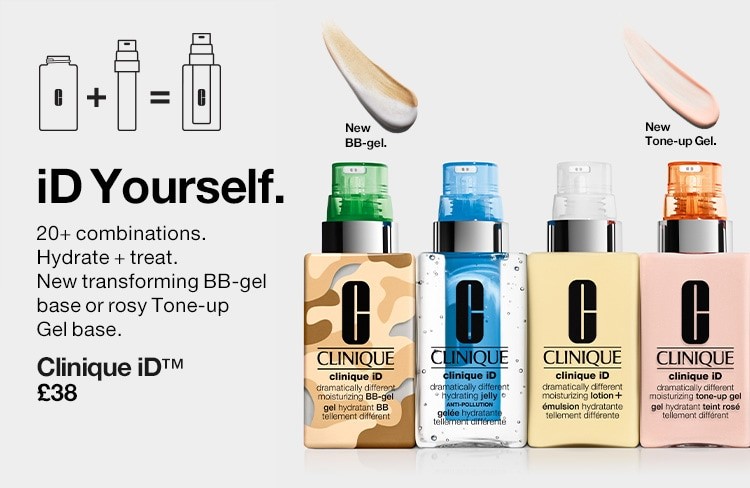
Personal wellbeing
After a particularly stressful 2020, personal wellbeing is an important trend for 2021. Whether it’s the feeling of loneliness, anxiety, stress or worry about health, consumers are looking for new ways to help themselves. From virtual fitness classes to a surge in vitamin sales, the wellness marketing will grow again in 2021 as consumers prioritise their health.
Watching pre-recorded YouTube fitness sessions has become a popular way to fit in daily exercise at a time that suits the individual. But as restrictions continue into 2021, consumers will look for more personal interactions resulting in an increase in live group fitness sessions via the likes of zoom which can accommodate up to 100 people.
Caring for health doesn’t just include exercise, market analyst Mintel says vitamin and supplement sales in 2020 is due to rise 8% making the category worth £500 million in the UK. In 2021 this is set to rise again with immune health being a top priority. In 2020 Mintel said around one in seven are using vitamins and supplements to improve their mood (15%) and combat stress (13%). As consumers continue to focus on preventive healthcare, we should also expect to see the rise of virtual medicine. In November, Amazon announced the launch of its own online pharmacy that will allow customers to buy prescriptions online and have them delivered to their door. Is this the death of the independent high street chemist?

Shop small and support local
It’s reported that 43% of Brits will shop local over Christmas 2020, with the shop small / support local trend accelerating following the pandemic. Naturally, small businesses have been hit the hardest by restrictions in 2020, but the three-fold challenges of lockdown orders, reduced movement and dampened economy has dramatically altered spending. Savvy businesses have been able to pivot and move into e-commerce, with a dramatic rise in online sales globally. But not just for the big chains of the world. Small local businesses have seen an increase in e-commerce revenue as consumers look to avoid in-person contact and follow stay-at-home orders.
Consumers see small businesses struggle, and they want to help out. Shifting pounds from big stores to small businesses is becoming not only popular but on-trend. Shoppers are becoming more community-conscious and want to know that their pounds support their local economy. And with the ease of online selling, small independent beauty brands are now cashing in.
With ever changing restrictions and rules on essential items, it’s a relief to small businesses that research suggests that shoppers have a renewed desire to shop small. According to a Nextdoor survey, 72% of members believe they will frequent local businesses more often after this crisis. So, could this be the re-birth of the high street?
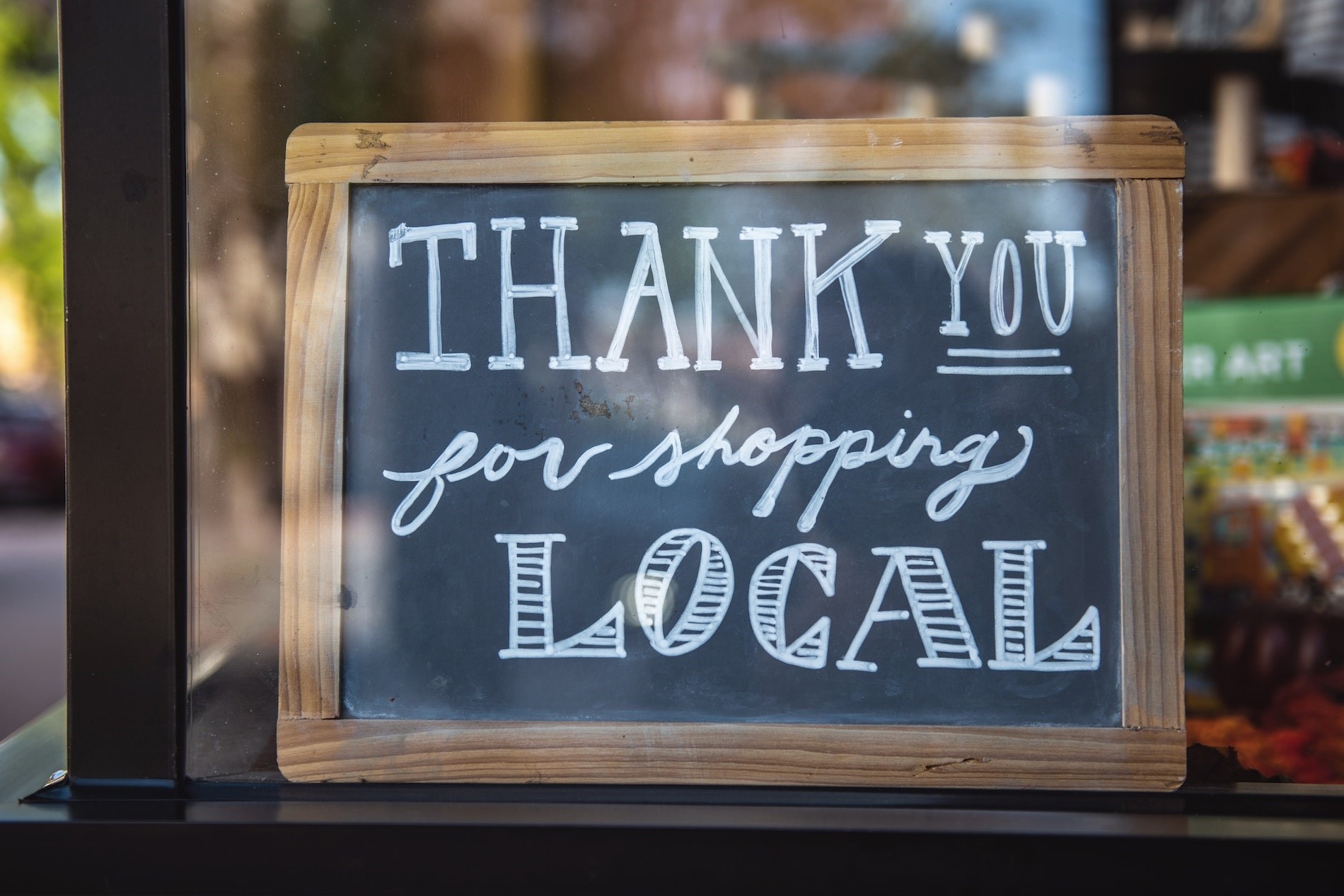
As the disruption of 2020 has proven, consumer sentiments can shift rapidly, requiring businesses be nimble in their approach to how they operate and respond to trends. It’s clear that health, the environment, and wellbeing will remain high on consumers agendas. As we look forward to 2021, successful brands will create personalised experiences or products and keep their consumer at the heart of each and every aspect of their business.
Posted 4 December 2020